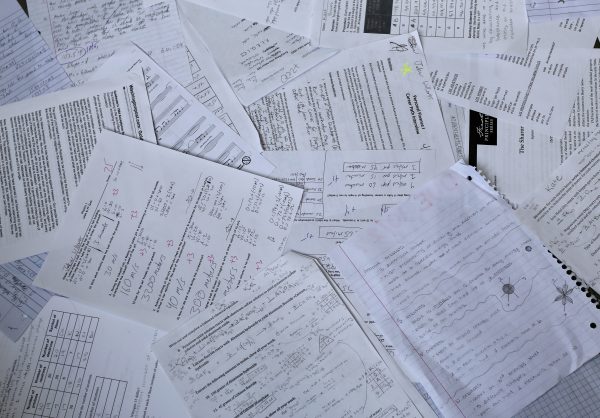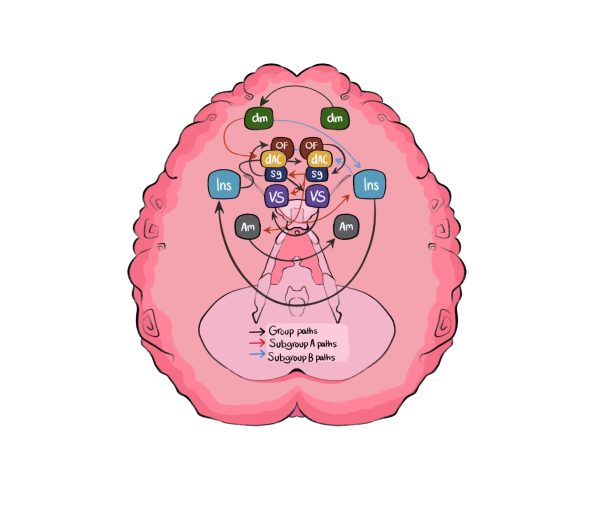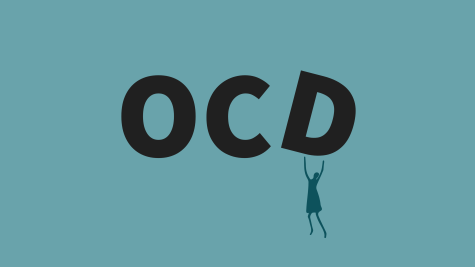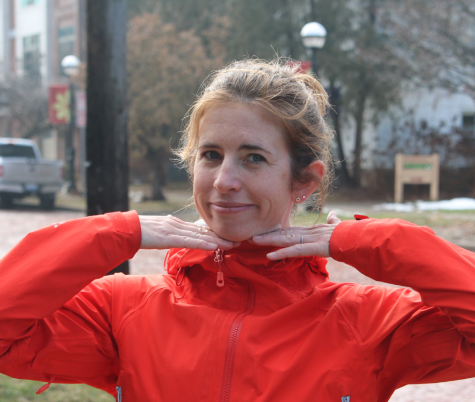Looking Forward
Nadya Matish spends almost every day thinking about what the world she lives in will look like in thirty years. Since she had access to the internet, Matish has been gathering information about climate change, reading headline after headline proclaiming the end of the world. She slowly found herself heading down a rabbit hole of bad news that felt never ending, and topics like biodiversity loss and effects on the developing world became increasingly difficult for her to cope with. Traveling down the rabbit hole helped Matish realize the severity of climate change and how it could affect the world.However, this realization came with a price — her head was constantly filled with negative thoughts about the future, both hers and the planet’s.
“What if the world is gone before [we reach 80 years old]?” Matish said.
For months, all Matish could think about was how doomed the earth was. She could feel these emotions seeping into her every thought.
As time went by, Matish’s feelings surrounding the climate crisis were starting to affect her relationships. She knew something needed to change. — she needed a break from thinking about climate change.
Matish now believes that climate change ranks as one of the worst threats we face today when compared to current problems such as political polarization.
“If we’re divided along political or social views, we are still here and existing,” Matish said. “But if the world ends, then we can’t even have things to disagree about, because we won’t be around.”
For Najeh Matute-Martinez, climate change has become a source of outrage. Worries about food and water scarcity, diseases and social instability resulting from climate change have kept Matute-Martinez up at night.
“I can’t sleep when I really [take a] deep dive and start thinking about the consequences [of climate change] or go down the informational rabbit hole [of] real facts of what’s going on,” Matute-Martinez said.
Zoë Simmons has a sense of urgency and worry surrounding climate change. The severe depletion of resources brought by climate change is the most troubling aspect for Simmons because she can already see its effects.
“As we’ve seen in recent years, everything is getting more expensive and will continue to get more expensive,” Simmons said. “Places like California will start seeing a severe migration of people who, at least, have the money and resources to relocate. Worldwide, we’ll see an increase in the number of viruses, food-related illnesses and severe weather.”
These observations were also shared by fellow classmates Hazel Derry and Madison Lee. For them, worries about the future are exacerbated because they can already see the effects. Increasing food insecurity, energy bills and wealth inequalities are all problems we face now, but they only show a sliver of what’s to come. Using a simple weekend outing, Derry and Lee show how increasing prices are contributing to worries about the future.
“When we used to go out, we normally spent around $10 to $20, but now we normally spend around $30 to $40,” Derry said. “Of course, there are many other factors, but climate change plays a big part. Everything is becoming more expensive and inaccessible. Honestly, if things are worsening now, I don’t want to imagine what they’ll be like in the future.”
As some CHS students struggle with effects of climate change, Gabriel Semrau suggested that remaining hopeful when it comes to climate change could help students cope with this difficult topic.
“[I think] there’s a general consensus within our generation that we tend to avoid sad topics because we’re just surrounded by sadness [all the time],” Semrau said.
Semrau acknowledges that we can’t make everything positive, but believes that changing our mindset from impending doom to taking a step back and seeing that there’s still hope would help young people engage with the problem rather than outright ignoring it.
Though a change in mindset would be beneficial, climate change stress does not simply go away. However, there’s hope for the future. From recent advances in renewable energy to an increased focus on sustainability, people have a new spark of hope.
“Honestly, I think that we’re past the point of no return in general, but I think there’s still a lot we can do to make [it] less catastrophic,” Simmons said.




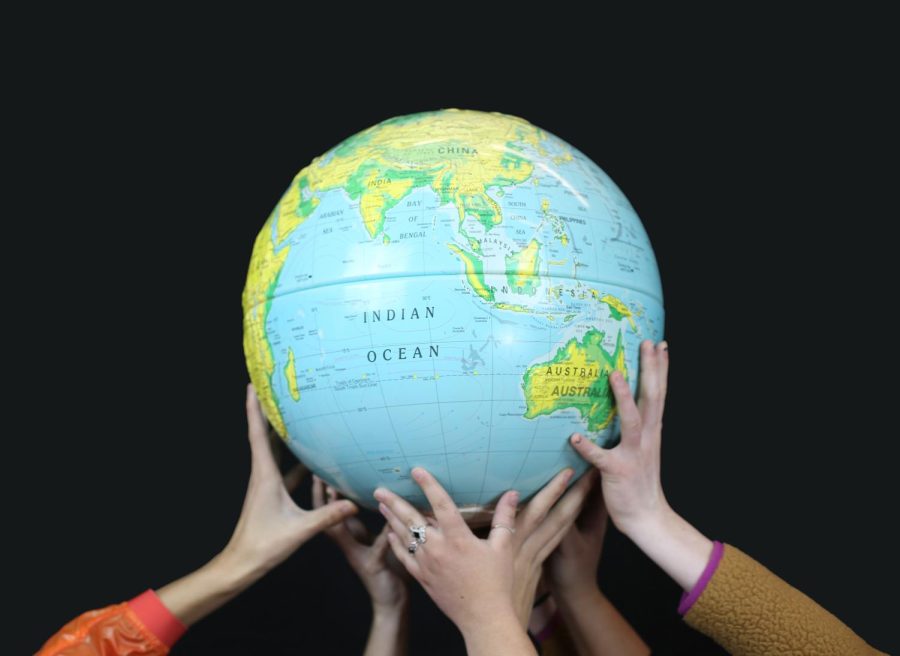



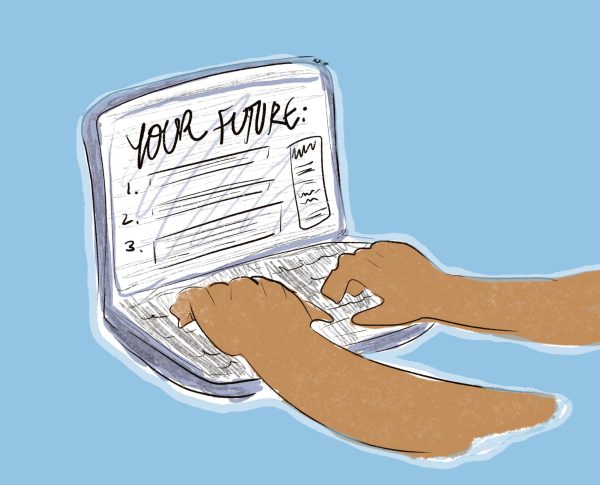

![[Caption]. [] by [Graphic by Sarah Fay] is licensed under [CC BY-NC-].](https://chscommunicator.com/wp-content/uploads/2023/12/mentalhealth_image-600x450.webp)
